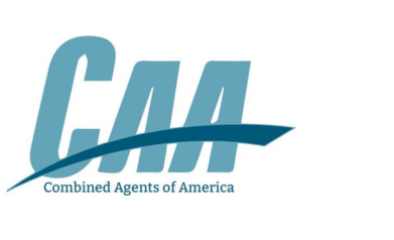A statute of limitation is a law that bars a cause of action after a period time following injury or damage, or discovery of injury or damage.
A statute of repose is a law that bars a cause of action after a certain period of time regardless of when the personal injury or property damage occurs or is discovered. These laws generally apply to actions arising out of manufacture or delivery of a product, or construction or improvement of real property.
After the expiration of the statutory period, unless a legal exception applies, the injured person loses the right to file a lawsuit seeking money damages or other relief.
There are several laws that apply different limitations periods to different kinds of civil actions in Texas. Most of these laws are found in Chapter 16 of the Civil Practice and Remedies Code. However, the limitations for some causes of action may be found in other statutes or determined by previous court decisions, and may be different from those stated below.
One Year Statute of Limitations
- Malicious prosecution
- Libel or slander
- Breach of promise of marriage
- Suit to set aside a sale of real property seized by a municipality or county
Two Year Statute of Limitations
- Personal injury (exceptions, see below)
- Property damage
- Conversion of personal property
- Forcible entry
- Forcible detainer
- Deceptive trade practices (DTPA and Insurance Code)
- Negligence
EXCEPTION: ASBESTOS- OR SILICA-RELATED INJURIES
- Two years after death
- Two years after serving defendant a report required by law
EXCEPTION: PERSONAL INJURY RELATED TO SEXUAL ASSAULT OR AGGRAVATED SEXUAL ASSAULT
- Five years after death
- Five years after amending a petition to identify a previously unknown perpetrator
EXCEPTION: MISAPPROPRIATION OF TRADE SECRETS
- Three years after the misappropriation is discovered or should have been discovered by the exercise of reasonable diligence
Four Year Statute of Limitations
- Breach of contract
- Debt
- Fraud
- Breach of fiduciary duty
- On the bond of an executor, administrator, or guardian
- Settlement of partnership accounts
- On an open or stated account
- On a mutual and current account concerning the trade of merchandise between merchants or their agents
- All other causes of action not specifically addressed in other laws
Statutes of Repose
- Professional liability of architects, engineers, interior designers, and landscape architects – 10 years after substantial completion
- Construction or repair of improvements – 10 years after substantial completion, unless based on willful misconduct or fraudulent concealment
- Professional liability of surveyors – 10 years after completion of the survey
- Products liability of manufacturer or seller – 15 years after sale of the product
Exceptions for Disability – Minors and Mentally Ill
When a person is younger than 18 years or age or of unsound mind at the time of injury, the limitations period begins to run when the person reaches the age of 18 or is no longer mentally incompetent.
The Discovery Rule
Sometimes it is not reasonably possible for a person to discover the cause of an injury, or even to know that an injury has occurred, until considerable time after the act that caused the injury. In these cases, the period of limitations may be extended by application of the "discovery rule." When the "discovery rule" applies, the limitations period begins to run when the injured person knew or, in the exercise of reasonable diligence, should have known, of the harm.














